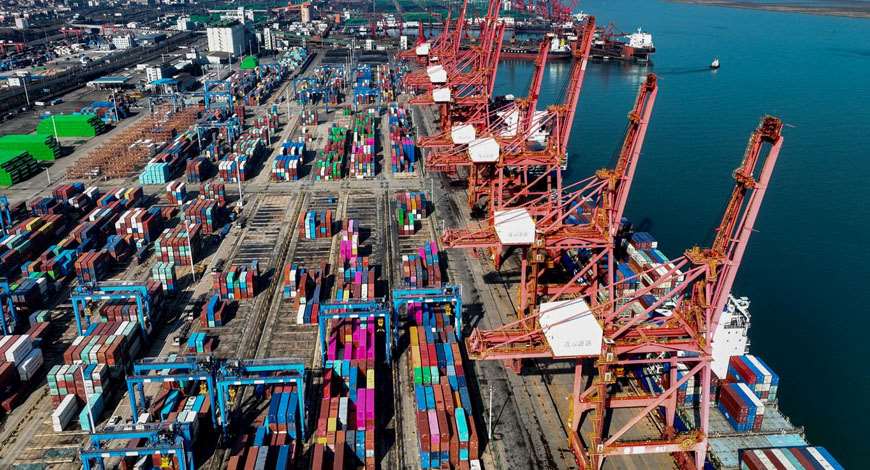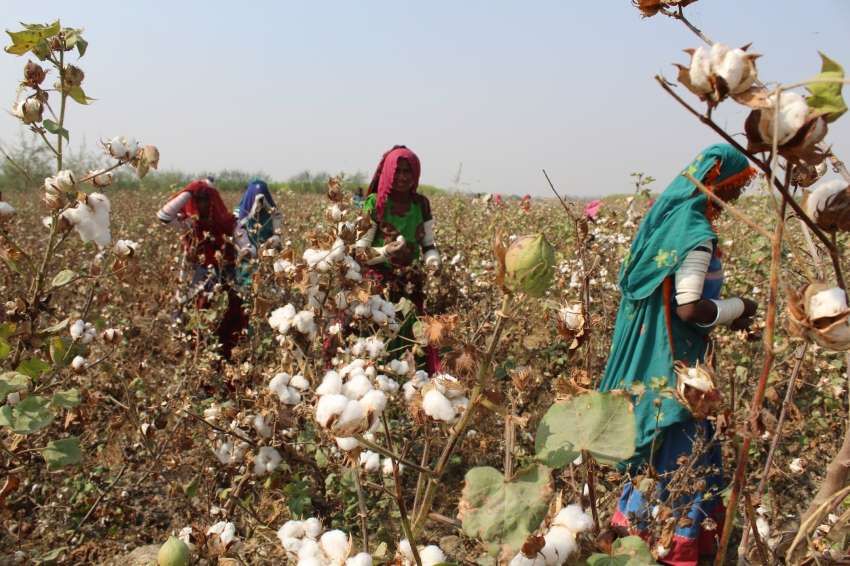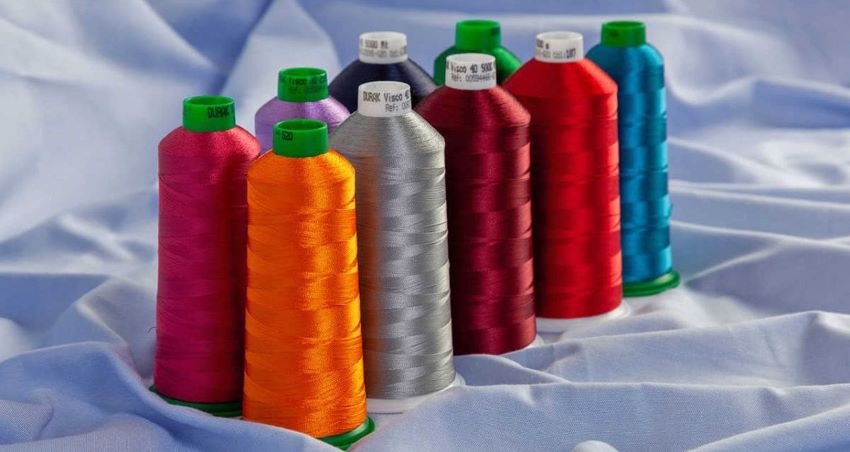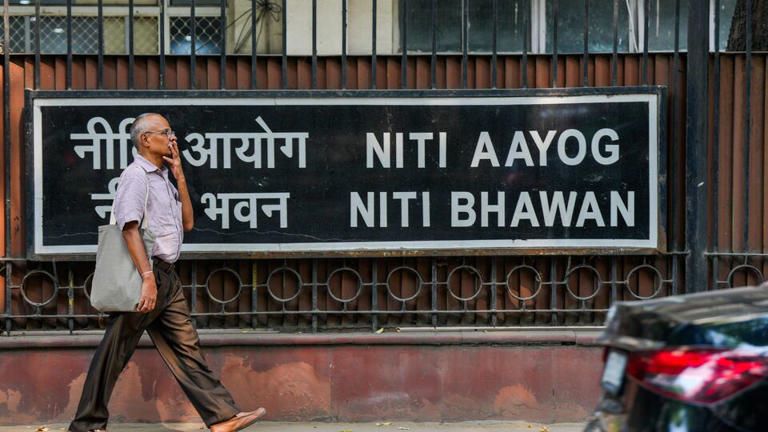
The Tamil Nadu government has requested the Centre to allow more time for the textile industry to comply with quality control orders (QCOs) for the importation of viscose and polyester fibres.
The government has suggested that the implementation of QCOs should be delayed until the Bureau of Indian Standards (BIS) resolves all outstanding applications submitted by importers seeking QCOs to adhere to quality standards. The state administration has also requested an exemption for filament yarn and artificial fibres, such as bamboo fibres, made outside of India from QCOs.
Delay in quality control orders puts textile industry at risk
The industry has claimed that a large number of applications from foreign suppliers are still awaiting examination and clearance by BIS, which can only happen after BIS officials have visited the applicants’ production facilities in their home countries. Even if these suppliers meet the QCOs requirements, the importation of these fibres cannot begin until the BIS inspectors have completed all the necessary steps and approved the applications. As a result, many textile producers who have already placed orders and have shipments in transit are likely to face significant business losses.
MSME textile businesses struggle with expensive BIS certification requirement
Tamil Nadu Chief Minister MK Stalin highlighted that if the import of necessary high-quality fibres is delayed, domestic producers of value-added goods would be forced to reduce their standards of quality and eventually lose customers. The textile industry, which is primarily composed of MSME businesses, has been mandated by the authorities to establish testing infrastructure to achieve BIS certification, which is an expensive and unfeasible requirement for many small firms.
Moreover, the fashion industry works on cycles scheduled more than six months in advance, and any delay in implementation deadlines could impede several ongoing processes. Additionally, sustainable fibres with distinct properties have been developed in viscose and polyester yarns, which could preclude the application of general QCOs. The government sources claim that bamboo viscose fibre, which is in high demand in the export market due to its anti-bacterial and anti-microbial properties, currently lacks a BIS standard.
Implementation delays in QCOs for man-made and viscose fibres cause of worry
The textile industry has expressed concerns about BIS's implementation of mandatory certification through various QCOs for various types of man-made and viscose fibres. They worry that the QCOs issued by the textile ministry on viscose staple fibres were only given one month to be implemented, and an additional two months were added to make it effective beginning March 29, 2023.
The Polyester Stable Fibre QCO will go into effect on April 3, 2023, according to the Ministry of Chemicals and Fertilisers, while QCOs for polyester fully drawn yarn (FDY), polyester partially orientated yarn (POY), polyester industrial yarn (IDY), and 100% polyester spun grey and white yarn will be effective from July 3, 2023.












